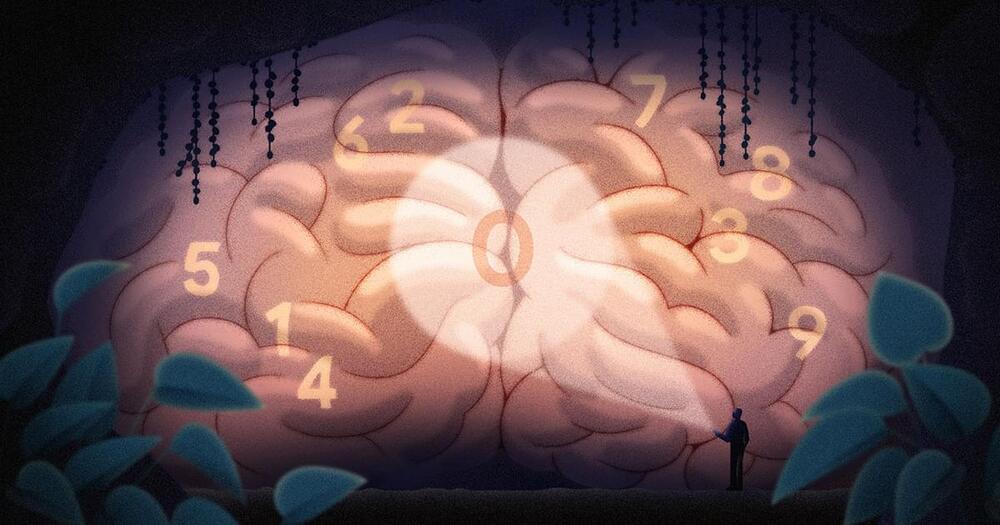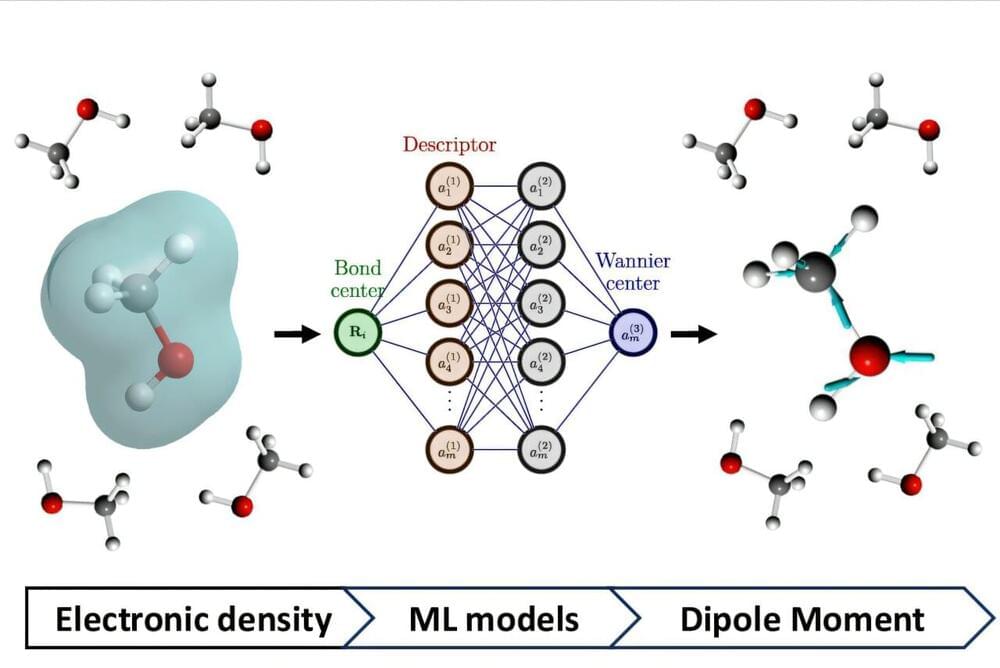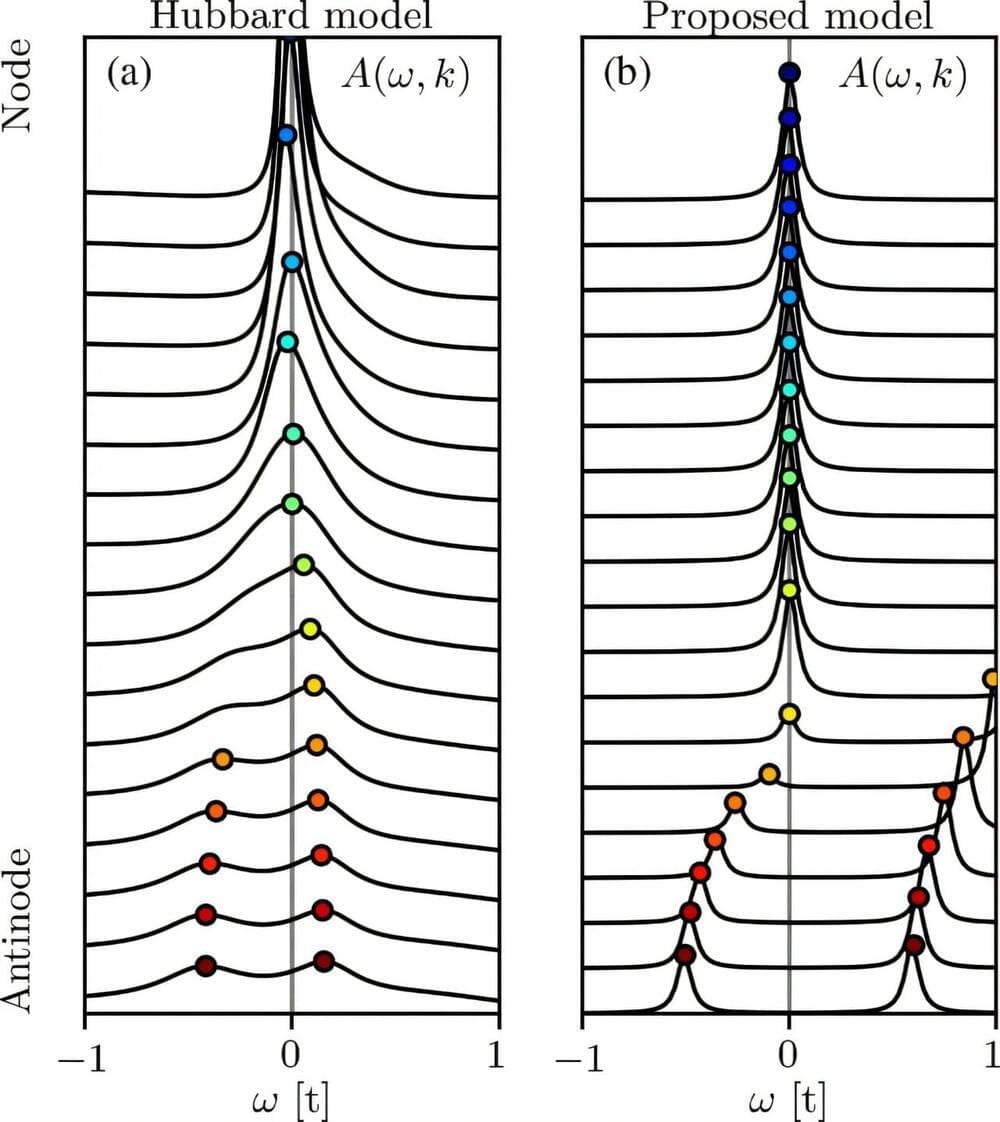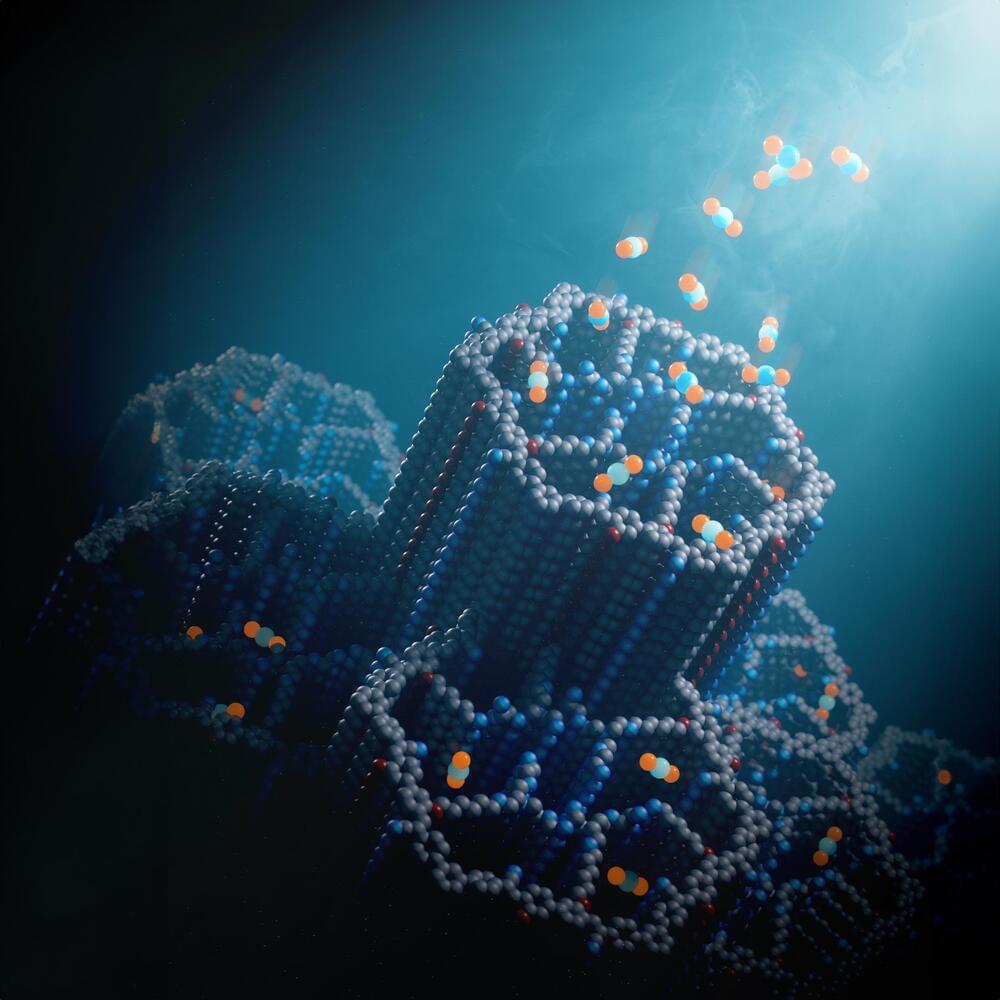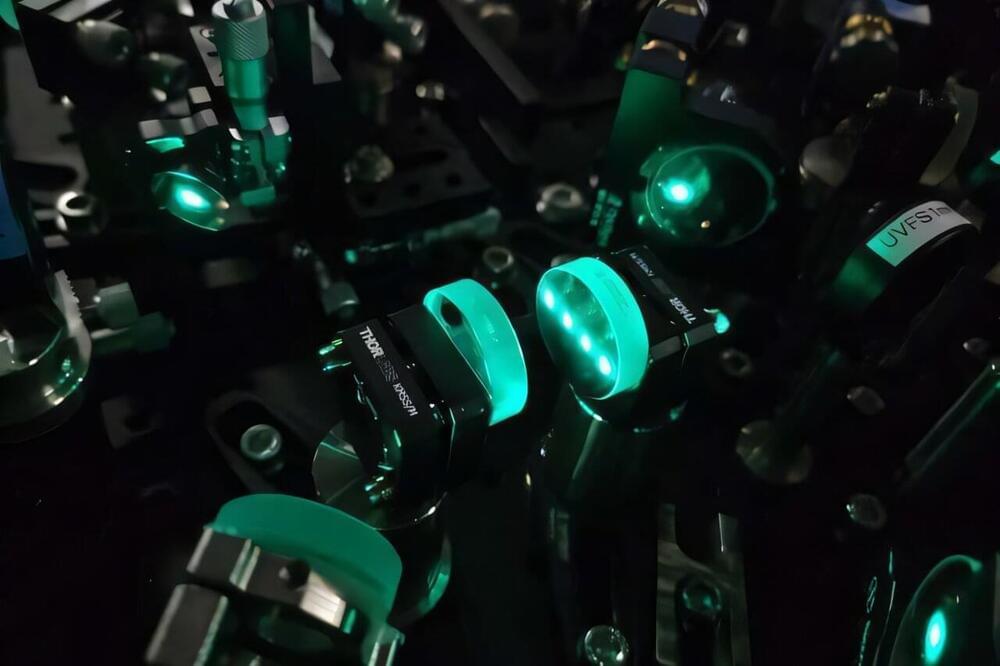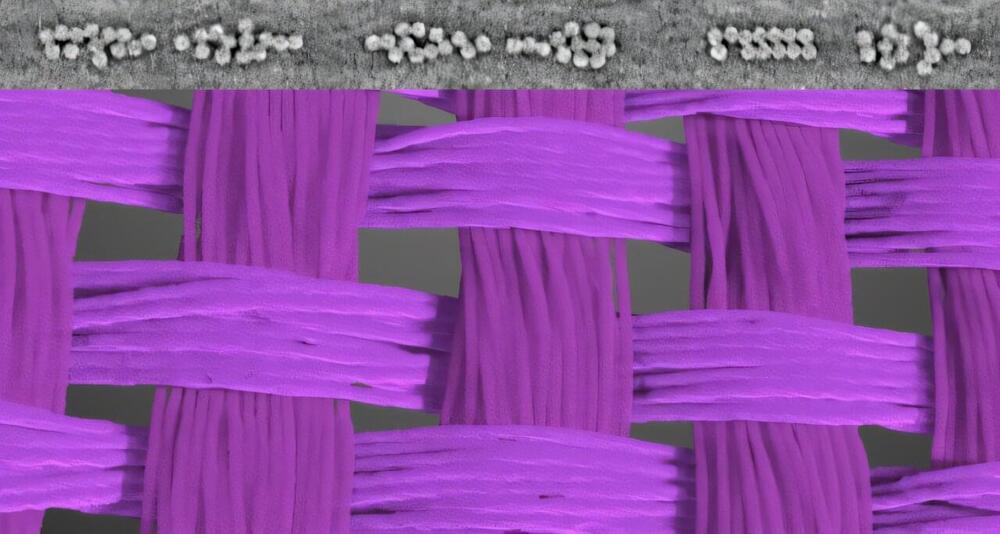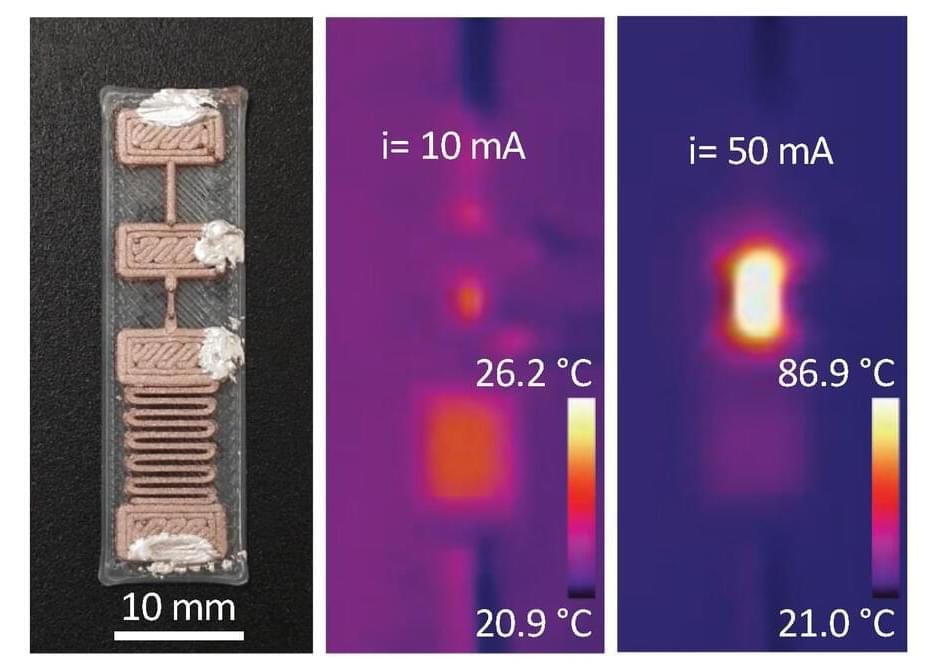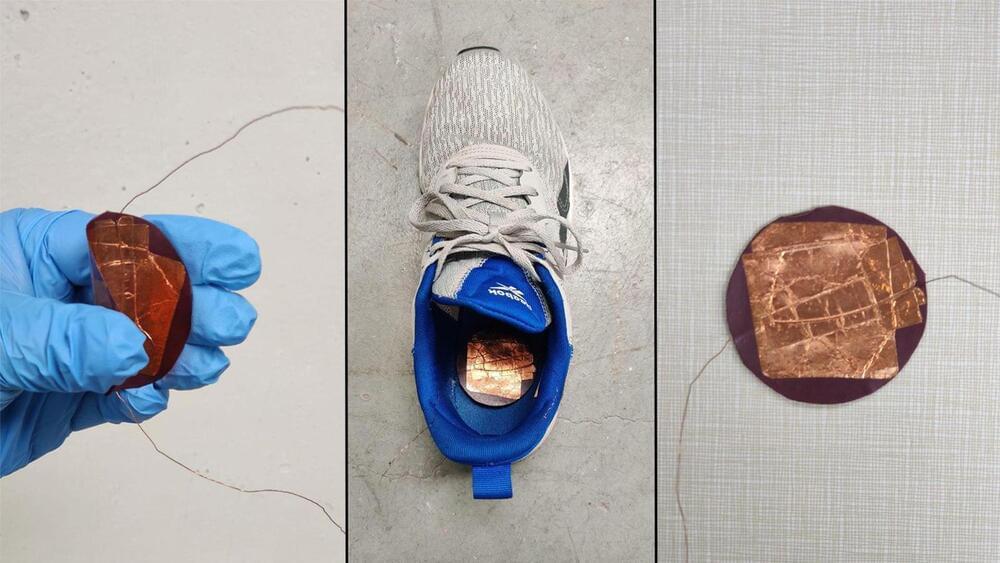Oct 29, 2024
How the Human Brain Contends With the Strangeness of Zero
Posted by Shubham Ghosh Roy in categories: materials, neuroscience
Recently, two independent research groups have shown that the brain codes for zero much as it does for other numbers, on a mental number line. But, one of the studies found, zero also holds a special status in the brain.
In recent years, research started to uncover how the human brain represents numbers, but no one examined how it handles zero. Now two independent studies, led by Nieder and Barnett, respectively, have shown that the brain codes for zero much as it does for other numbers, on a mental number line. But, one of the studies found, zero also holds a special status in the brain.
“The fact that [zero] represents nothing is a contradiction in itself,” said Carlo Semenza, a professor emeritus of neuroscience at the University of Padua in Italy who wasn’t involved in either study. “It looks like it is concrete because people put it on the number line — but then it doesn’t exist. … That is fascinating, absolutely fascinating.”
Continue reading “How the Human Brain Contends With the Strangeness of Zero” »
